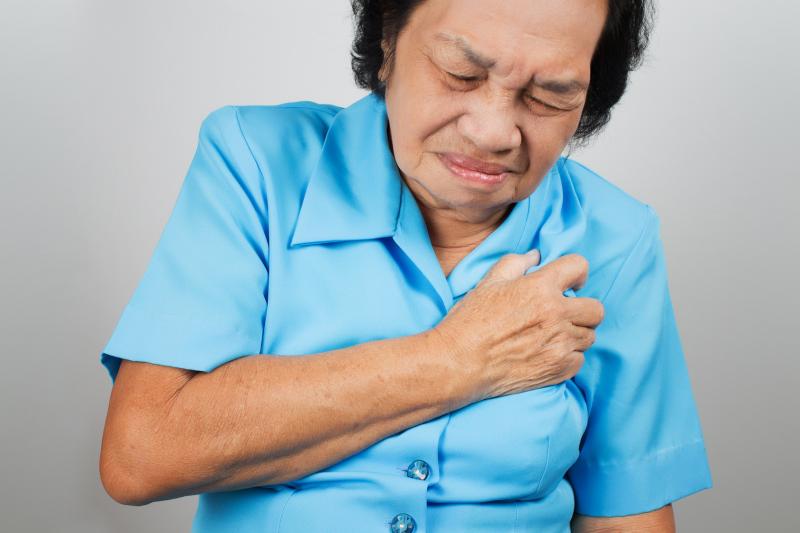 The Health Sciences Authority has given the green light for a novel combination drug for adults with symptomatic chronic heart failure.
The Health Sciences Authority has given the green light for a novel combination drug for adults with symptomatic chronic heart failure.Women who sustain in-hospital cardiac arrests (IHCAs) are at greater risk of dying than men, a recent study has found. Women also show a trend toward worse neurologic outcomes.
The study included 680 consecutive IHCA patients who received advanced cardiac life support-guided resuscitation. In-hospital mortality was set as the primary study outcome, while secondary the secondary endpoint were favourable neurological outcomes, defined according to the Glasgow Outcome Score.
Most of the participants were men (n=418; mean age, 66.2±15.6 years); only 262 were women (mean age, 68.2±15.9 years). Women tended to have lower rates of previous myocardial infarctions, peripheral artery disease and coronary artery disease. Clinical IHCA factors were generally comparable between sexes, though women were less likely to be defibrillated.
The in-hospital mortality rate in women was 87.8 percent, significantly greater than that in men (78.0 percent; p=0.001). In contrast, favourable neurologic outcomes occurred significantly less frequently in women (10.0 percent vs 15.8 percent; p=0.03).
This was confirmed in multivariable logistic regression analysis, which found that the female sex was a significant and independent predictor of in-hospital mortality (odds ratio [OR], 1.93, 95 percent confidence interval [CI], 1.22–3.04; p=0.005). In absolute terms, women were almost twice as likely as men to die while admitted for IHCA.
Women also showed a trend toward significantly lower likelihoods of favourable neurologic outcomes (OR, 0.63, 95 percent CI, 0.38–1.04; p=0.071).